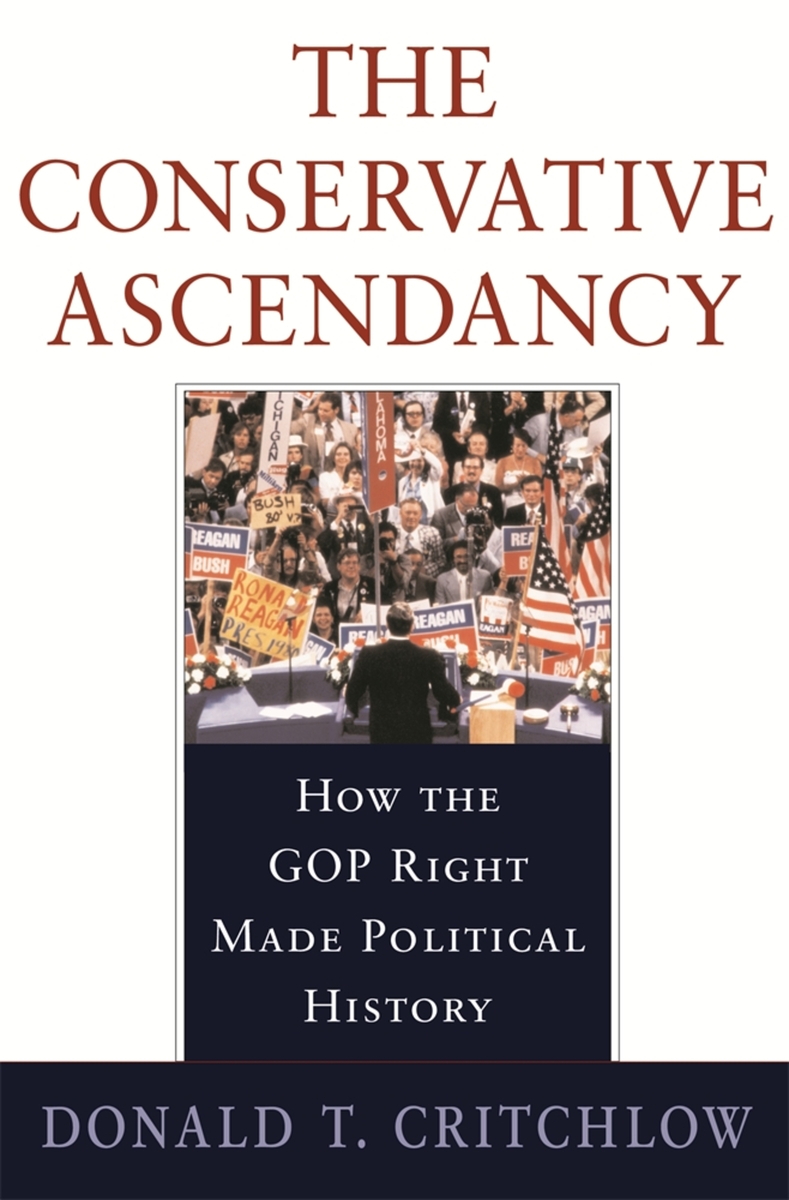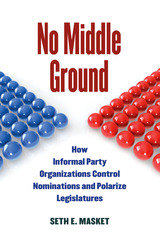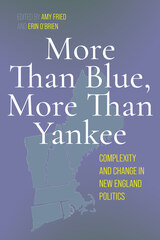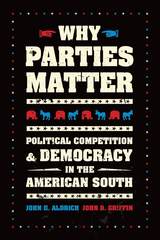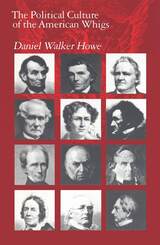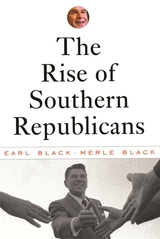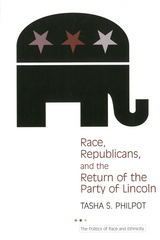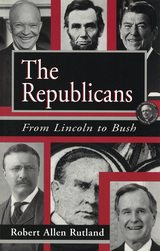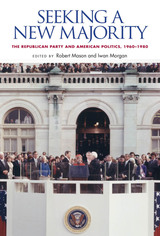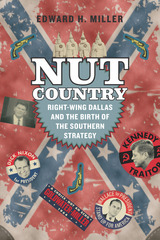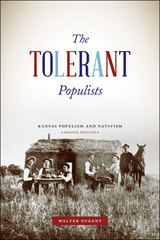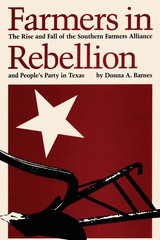This uncommonly thoughtful history by a major scholar convincingly depicts how intellectuals, politicians, strategists, activist networks, grassroots mobilization, and ideological media combined to radically shift the center of gravity in American political life.
-- Ira Katznelson, author of When Affirmative Action Was White
A central question of postwar American politics is how one public philosophy, associated with New Deal liberalism, was displaced by another, the 'conservative ascendancy.' Don Critchlow searches for an answer on an extended tour of postwar political history, guided throughout by the roller-coaster fortunes of the conservative intellectuals and grassroots activists who made up the Republican Right.
-- Byron E. Shafer, co-author of The End of Southern Exceptionalism
Whatever the political future will hold, there can be no question that American politics has moved to the right over the past half-century. In The Conservative Ascendancy, Donald Critchlow tells how the Republican right moved from the political fringe to become, often, the dominant moving force in our politics.
-- Michael Barone, Resident Fellow, American Enterprise Institute
Once again Donald Critchlow has contributed an essential volume to the growing scholarship on conservatism in American politics. This is a judicious, discerning, and richly informative book.
-- George H. Nash, author of The Conservative Intellectual Movement in America Since 1945
Critchlow's work is crucial to understanding the intellectual origins of modern conservatism, the fusion of the anti-communist and anti-government movements with the modern Republican party, and the impetus this fusion lent to the spectacular success of the American right during its 'ascendant' years–1966 to 2004. An indispensable history of the Republican Party and the new right.
-- Thomas Byrne Edsall, author of Building Red America
Critchlow skillfully shows the connection among ideas, institutions, and the conservative ascendancy...Critchlow's study helps frame the past. The right revived the fortunes of the postwar Republican Party, offering ideas, institutions and grassroots organization to create an effective coalition, while the radical left, from the 1930s on, has been a burden to the Democratic Party. Coming after Reagan, Bill Clinton captured (and kept) the White House by banishing the far left and moving his party to the right. In this sense, the conservative ascendancy has made bipartisan history.
-- Michael Kimmage New York Times Book Review
It is the indispensable scholarly account of how a small unorganized band of writers and an equally unorganized collection of grass-roots activists launched a counteroffensive against the prevailing economic and political order of the 1930s and 1940s, and by the 1980s became the dominant force in U.S. politics...Critchlow traces the travails of the conservative movement through the political battles involving Sen. Robert A. Taft, Sen. Barry Goldwater, President Richard Nixon and President Gerald Ford, all Republicans. Those who lived through those years will delight in the extraordinary detail produced by Critchlow's extensive research and his more than 500 footnotes, and those too young to remember will learn history they cannot get anywhere else.
-- Chattanooga Times Free Press
Critchlow's book is perhaps the best scholarly overview of the conservative movement in print.
-- Daniel McCarthy American Conservative
Critchlow offers a valuable overview of how the contemporary American conservative movement gained control of the Republican Party over the course of the 20th century. Critchlow's analysis is especially strong early in the book, where he details the intellectual roots of the ongoing distrust between the social conservative wing of the GOP, which insists that government should stimulate flagging traditional values and practices, and the libertarian wing, which calls for less governmental intrusion into American life...The Conservative Ascendancy provides important context for understanding the continuing, and arguably growing, rightward drift of American politics.
-- J. R. Dudas Choice
An indispensable scholarly account of how a small unorganized band of writers and an equally unorganized collection of grass-roots activists launched a counteroffensive against the prevailing economic and political order of the 1930s and 1940s, and by the 1980s became the dominant force in U.S. politics...Those who lived through those years will delight in the extraordinary detail produced by Critchlow’s extensive research and his more than 500 footnotes, and those too young to remember will learn history they cannot get anywhere else.
-- Phyllis Schlafly World Net Daily
Critchlow has written a careful narrative of how the new conservatism has achieved a qualified and perhaps now fragile ascendancy...[T]his is a readable and fair-minded, as well as a scholarly and useful, account of one of the most important themes in American politics over the last third of a century.
-- Godfrey Hodgson Journal of American History
Critchlow tells a story of fierce determination, of infrastructure growing around that fierce determination, and of conservatives consistently engaging in a project of purifying the Republican Party and pushing it to the right.
-- Kevin Mattson Dissent
